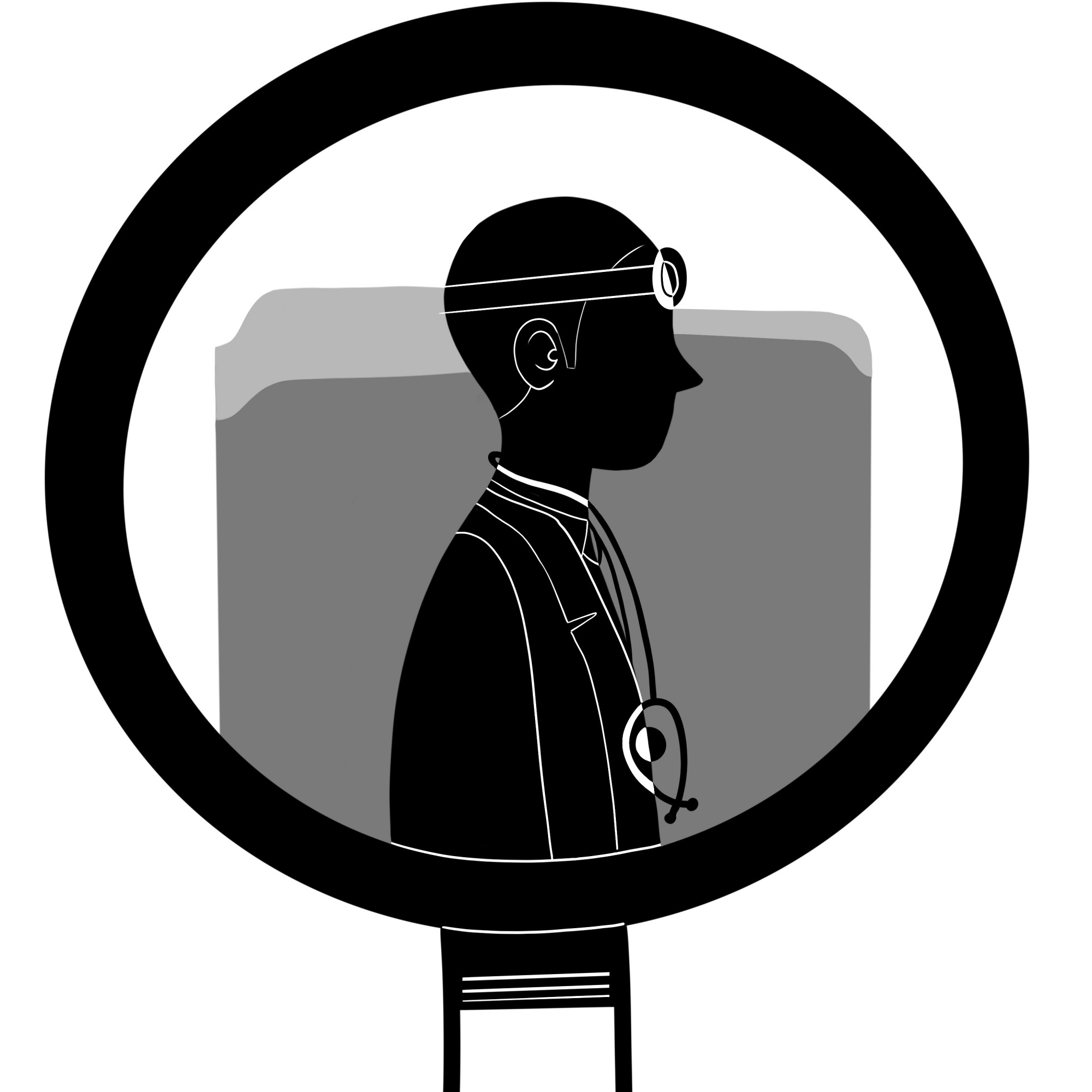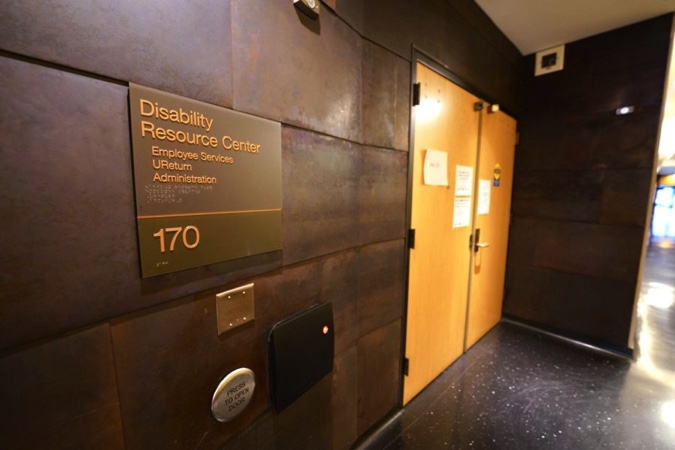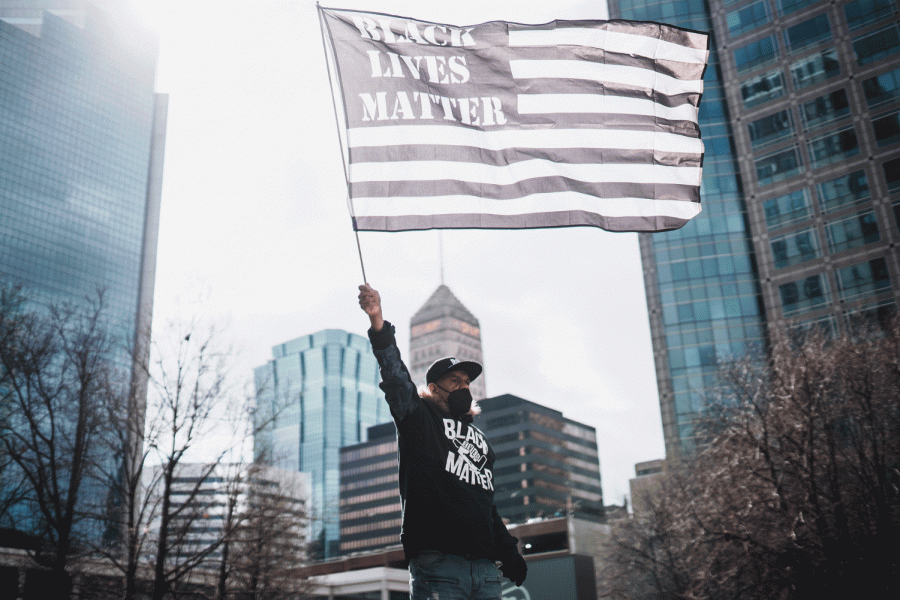After more than a decade of policy changes, extensive reports and community healing, the scars of a “tragic” and “disastrous” University of Minnesota clinical trial are still visible and will continue to influence psychiatric research nationwide for years to come.
Dan Markingson was 26 years old when he was forced to make a decision: comply with his physician’s treatment plan, a clinical trial testing FDA-approved drugs, or face commitment to a psychiatric institution. Though he was later deemed a “vulnerable adult,” he agreed to the former.
In the months following his enrollment in the treatment plan, his mother Mary Weiss grew increasingly concerned about the state of his mental health. Though she repeatedly reached out to his care team, her concerns should have been taken more seriously, a state report said.
She asked the study coordinator, “Do we have to wait until he kills himself or anyone else before anyone does anything?”
Within a month, he would die by suicide.
Fifteen years later, his death still looms over much of the University’s research. Since his death, the Department of Psychiatry and Behavioral Sciences and the University has implemented more than 60 policy changes to better research practices and protect patients.
The state report found no causal link between Markingson’s death and his involvement in the clinical trial.
However, after a state audit report said University leadership acted in a way that would later be called “defensive, insular, and unwilling to accept criticism about the Markingson case either from within or outside the University,” many wonder what the changes really mean.
The facts of the case
It was 2003 and Dan Markingson was not well.
His mother noted a marked and distinct change in his attitude, words and actions. Weiss was so concerned she brought him to a hospital where he was determined to be mentally ill and was eventually transferred to Fairview University Medical Center, since rebranded as M Health Fairview.
Markingson was put under the care of Dr. Stephen Olson, a physician and University researcher. He was then enrolled in a psychiatric clinical trial headed by Olson. Olson’s role as Markingson’s physician presented a conflict when recruiting him for the study as well, a state report later said.
According to the same state report, the University received more than $15,000 for every subject who completed the study. Markingson did not have a patient advocate present at the time of his decision to enroll in the study, though Olson told the University all patients would, according to the state report.
In the months following his enrollment in the clinical trial, sponsored by AstraZeneca, numerous parties raised concerns about his declining mental health.
Many reports and exposes, but little administrative action
Details about the Markingson case remained in the shadows until four years after his death. In the years following, multiple third-party entities began releasing reports describing the ethical dilemmas, conflicts of interest and treatment of vulnerable patients in the study.
The ramifications of these reports paint a picture still present in discussions about research at the University today.
Disturbed and horrified by the details brought to light, Dr. Carl Elliott, a professor in the University’s Center for Bioethics, decided to do further research.
“It was made very clear to me that the University was not going to do anything at all. In fact, the concerns that I had were not even treated as even worth a response,” Elliott said.
Markingson’s mother filed a lawsuit against the University in 2007, but the charges were dropped. A lawsuit brought against Olson for medical malpractice was settled out of court, and Weiss was awarded $75,000.
In 2009, “Dan’s Law” was passed, which prohibits people under state civil commitment from participating in psychiatric clinical drug trials.
The Association for the Accreditation of Human Research Protection Programs and the State Legislative Auditor released two additional external investigations, in 2013 and 2015.
Though Markingson died by suicide during his involvement in the clinical trial, additional factors may have contributed to his death, said Kelvin Lim, vice chair of research for the psychiatry department.
However, the reports raised multiple flags about the University’s research practices.
The state found the University’s internal review of the case to be “superficial” in its initial 2004 investigation, as it did not review any medical records, information about Markingson’s death or seek additional information from anyone other than Olson.
Another external report characterized the psychiatry department as having fostered a “culture of fear.”
In addition, the state report found that University leadership “seriously harmed the University’s credibility and reputation” by “repeatedly claim[ing] that clinical research at the University meets the highest ethical standards and dismiss[ing] the need for further consideration of the Markingson case by making misleading statements about past reviews.”
As a result of the state’s report, the University temporarily halted human participation in all psychiatric drug studies. Meanwhile, the state found that the University adamantly defended the actions of its leadership and psychiatry department.
Though the trial has been publicly criticized nationwide, Olson, the study’s principal investigator, is still employed by the University, although he no longer conducts research.
In 2015, Former Gov. Arne Carlson publicly called for the resignation of then President Eric Kaler following his treatment of the case’s public fallout.
“What is the purpose of education? It is a search for the truth,” Carlson said in an interview with the Minnesota Daily. “But here we had people at the top preventing that search for truth from occurring.”
In his final State of the University address last spring, Kaler said the University’s handling of the Markingson incident was one of the biggest regrets of his presidency.
Current University President Joan Gabel declined to comment about the Markingson case.
University research in 2019: learning from the Markingson case
In the past four or five years, the University has evolved to improve ethical standards, as well as ensuring research with human subjects is better and safer than in the past, said Michael Oakes, associate vice president for research.
The University implemented a total of 63 policies that aimed to better practices in research topics like conflict of interests, family involvement in clinical trials and coercion, among others.
For example, the University’s Institutional Review Board, which reviews research involving human subjects, has grown significantly since the Markingson case. The Board consists of scientists, faculty and community members, now with about 80 members regularly reviewing research proposals.
The University uses sophisticated methods to ensure that vulnerable populations, like those with diminished cognitive capacity, are properly protected in research — a detail highlighted in the Markingson case, Oakes said.
A difficult ethical dilemma exists when using human participants in a clinical trial: How much risk is too much and where is that balance? This is a question that research institutions nationwide are dealing with, not just the University, Oakes said.
Well aware of the scandal and attention brought onto the psychiatry department from the Markingson case, Dr. Sophia Vinogradov assumed the department head role in 2016 with the goal of creating a healing and prosperous department.
“All faculty had been under intense scrutiny just by being a member of the department,” Vinogradov said.
Upon her arrival, Vinogradov convened a community advisory board for the department, which includes family members of those with mental illnesses.
Among other efforts to increase transparency and engage with the community, Vinogradov said she is in the process of creating a committee consisting of those who have had personal experience with mental illness to advise her on the best practices for research opportunities and clinical work.
“I very strongly believe that people who have had a lived experience of mental illness should be active partners with us and as co-creators with us as we think about research directions and research initiatives,” she said.
Each year, the department holds a symposium in Markingson’s honor, and Vinogradov said she regularly communicates with Weiss, even receiving a hand-knitted scarf from her last year.
‘How many years will it take?’
Even with dozens of policy changes, multiple investigations and a change in departmental leadership, a sense of distrust still persists among many in the University community.
“It’s impossible to know if things are truly better or if they are just really good at not letting things get out,” Elliott said.
Although some still mistrust the University even 15 years after Markingson’s death, Oakes said one way to rebuild trust is to continue showing people the good work it does. Such changes include broadening the membership of the IRB, establishing better communication channels among study stakeholders and encouraging the use of independent consent monitors when recruiting vulnerable populations for clinical trials.
“Places like this University have to earn trust and in some sense that broke down, and now we have to re-earn the trust or earn it originally in some cases,” Oakes said.
Vinogradov said she wonders how long it will take and what else needs to be done to alleviate suspicion.
“Are we ready here to move forward and to move on?” Vinogradov asked. “There are those outside of the department who are waiting for us to make a mistake or who don’t trust that we’ve really changed.”
Oakes said that strong University leadership is important, starting with Gabel and trickling to other leaders down the chain of command.
The University’s researchers need to do “the good work in the trenches everyday, getting it right” to show people it deserves to be trusted, Oakes said.
But, Elliott still remains skeptical.
“I think that the record hasn’t been good, so I wouldn’t be inclined to be terribly optimistic that things have changed.”
The National Suicide Prevention Lifeline is 800-273-8255.






















